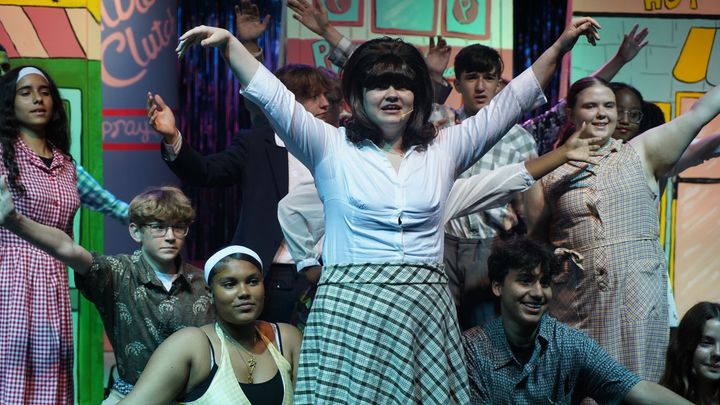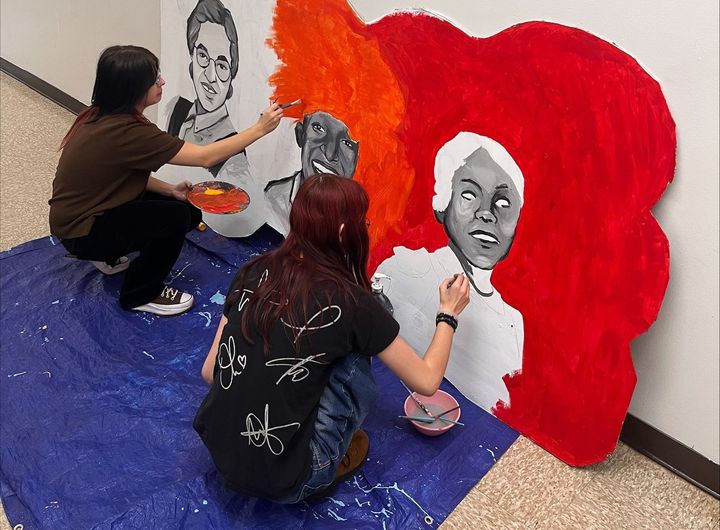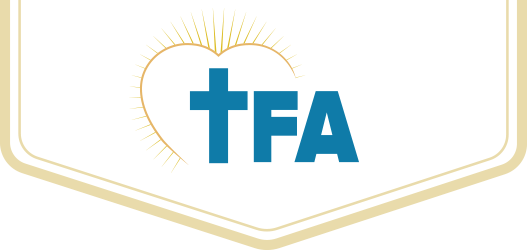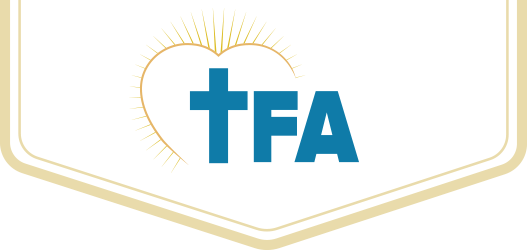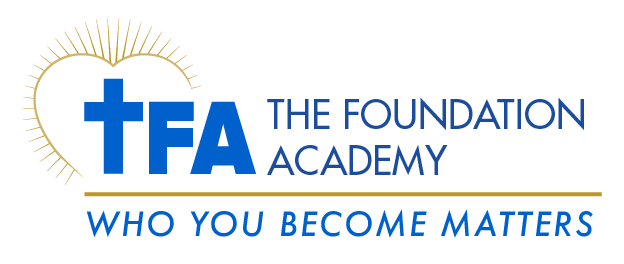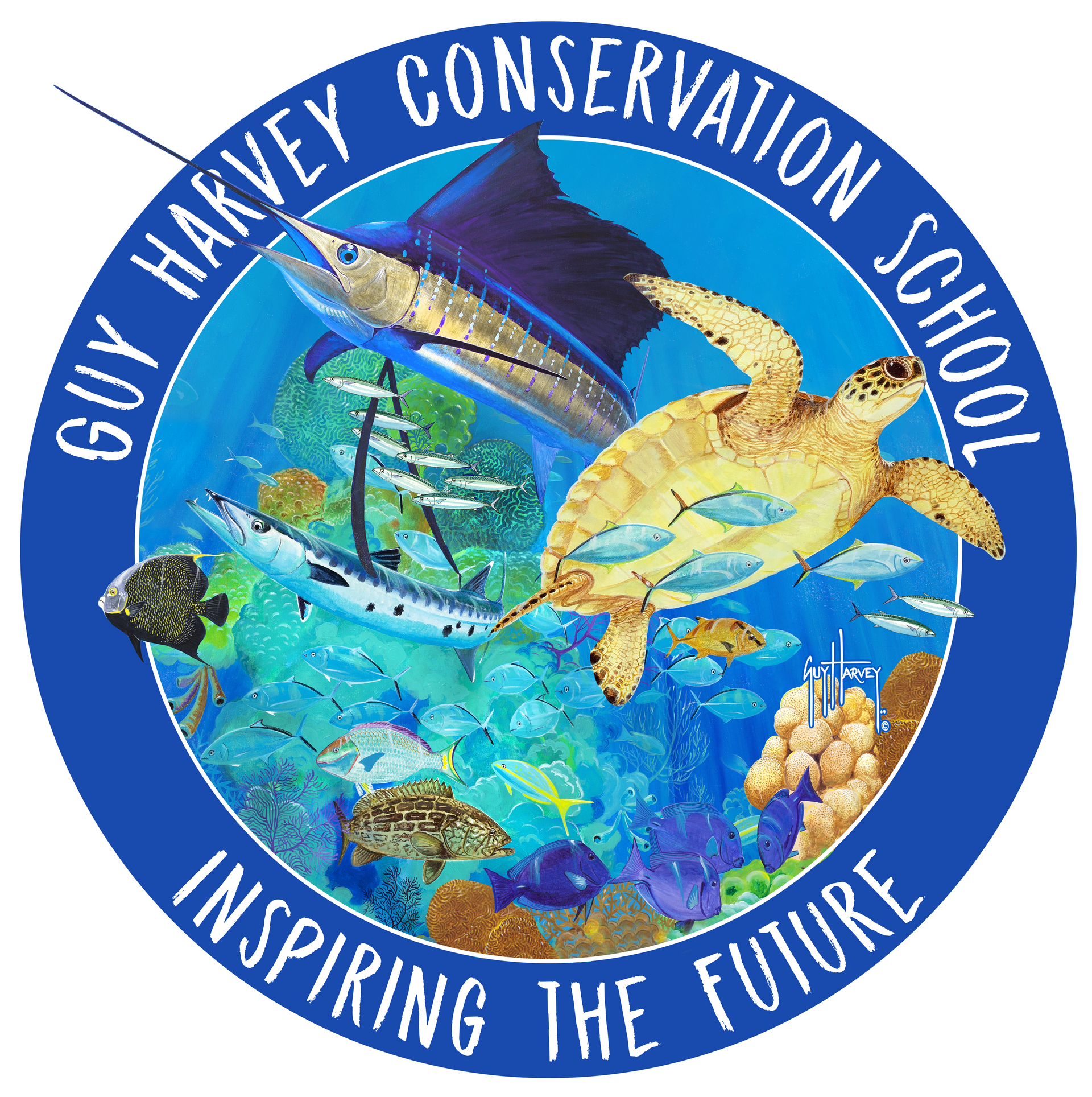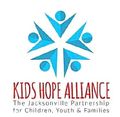TFA encourages the celebration of cultural diversity, the development of critical thinking and the motivation of lifelong learning.
About TFA
Established in 1988 by Principal Nadia Hionides, The Foundation Academy envisions learning as a dynamic, hands-on, and enjoyable process that channels each student's creative energy while adapting to their individual learning style. Guided by the principles of faith, hope, and love, TFA fosters the celebration of cultural diversity, cultivates critical thinking, and instills a passion for lifelong learning. Committed to providing high-quality and affordable private education, TFA is dedicated to nurturing your child's academic journey.
Message from the Principal and Founder
As I reflect on the year 1988, when The Foundation Academy was first established, I praise God for the gift of building lasting relationships with so many families in our community. What I said “yes” to as a 36-year-old has grown into a responsibility far greater than I could have imagined. Today, I am deeply grateful as I see God’s unending love and goodness displayed through the life of this school. The decision to start TFA was shaped by both joy and hardship. My own children inspired me, and through life’s challenges, God’s providence led my husband and me to take this step of faith. Now, my grandchildren—like their parents before them—are TFA students. Several of my children, graduates, and former students have also returned as teachers.
Our educational philosophy is shaped by enduring skills that serve every learner. In today’s world, we cannot predict how technology or culture will change, but we can prepare students to hold fast to their values, set meaningful goals, and master “I Cans”, the standards that lead to accomplishing TFA graduation expectations. These expectations equip students not only for academic success but for life.
Through project-based learning and Agile Project Management methods modeled after real-world practices, our students are challenged to solve problems, even in unfamiliar situations. By practicing habits of mind, they learn to think critically, respond with resilience, and navigate both daily challenges and unexpected obstacles with confidence.
TFA parents are more than partners in education; they are family. Together we celebrate milestones, support each other in trials, and share life at school events, weddings, birthdays, and even celebrations of life. God’s love transcends time, space, and circumstance. My prayer is that all persons we encounter will seek His light and love through a personal relationship with Jesus Christ.
I close with these words from the Apostle Paul.
Romans 1:16–17 -
“For I am not ashamed of the gospel of Christ, for it is the power of God to salvation for everyone who believes… For in it the righteousness of God is revealed from faith to faith; as it is written, ‘The just shall live by faith.’”
And in
Romans 8:1–4 -
“There is therefore now no condemnation to those who are in Christ Jesus… For the law of the Spirit of life in Christ Jesus has made me free from the law of sin and death… that the righteous requirement of the law might be fulfilled in us who do not walk according to the flesh but according to the Spirit.”
Sincerely,
Nadia Hionides
University of Pennsylvania, M.S. Ed
The City University of New York, B.S. Ed
Bronx Community College, A.A.
Founder of Jacksonville Science Festival est. 2013
2015 Time Union Eve Award Winner for Excellence in Education
TFA AT A GLANCE
- K – 12th Grade
- Established in 1988
- COGNIA & STEM Accreditation
- Interactive Standards-Based Curriculum
- College Prep Diploma
- Dual Enrollment
- 23 – Acre “Green” Campus
- Project-Inquiry Based Learning
- Student-Driven
- Science and Arts Focused
- Founding sponsor of the Jacksonville Science Festival
- TFA Studio School
- Intern-based program for high-achieving high school students
- TFA Farms
- Organic gardens
- Community Service
SCHOLARSHIPS:
- Step Up For Students School Choice
- FES-UA
- FES-EO
- FTC
Our Core Beliefs
Mission Statement
"At The Foundation Academy, our mission is to empower children in the discovery of their God-given purpose and inherent worthiness in the world. Acknowledging the uniqueness of each student, we foster a nurturing environment grounded in the principles of faith, hope, and love. Our commitment extends to the celebration of cultural diversity, the cultivation of critical thinking skills, and the inspiration of a lifelong love for learning."
TFA Beliefs
The foundational principles of The Foundation Academy (TFA) are rooted in the timeless values of faith, hope, and love, as inspired by the teachings of Christ. Our commitment to collective enlightenment finds expression in a daily non-denominational Bible study, fostering spiritual growth and unity among our students.
Recognizing the intrinsic connection between a sound mind and a healthy body, we embrace the practice of school-wide Tai Chi, cultivating physical well-being as an integral part of our educational ethos. The intimate sense of community is cherished at TFA, epitomized by our dedication to maintaining a small school atmosphere, where everyone is valued and known.
Effective communication is the lifeblood of our educational philosophy, exemplified by the morning attendance of all students in advisory classes. This intentional setting provides a platform for open dialogue and mutual understanding, reinforcing the sense of belonging within our academic family.
Learning To Use One's Mind Well
The Foundation Academy focuses on helping young people learn to use their minds well. TFA central purpose is to explore problems framed through Mathematics, Science, Arts and Technology. Exploration uses 15 Essential Skills divided into Habits of the Mind: Philosophizing, Evaluating, Organizing, Analyzing, Comparing, Abstracting, Discriminating, and Analyzing Perspective and ComTFA'smunication Skills: Listening, Questioning, Clarifying, Sequencing, Arguing, Paraphrasing and Storytelling.
Less Is More: Depth Over Coverage
TFA’s goals should be simple: that each student master a limited number of essential skills and areas of knowledge. While these skills and areas will, to varying degrees, reflect the traditional academic disciplines, the program's design is shaped by the intellectual and imaginative powers and competencies that the students need, rather than by "subjects" as conventionally defined. The aphorism "less is more" dominates: curricular decisions are guided by the aim of thorough student mastery and achievement rather than by an effort to merely cover content.
Goals Apply To All Students
The school's goals apply to all students, while the means to these goals will vary as those students themselves vary. School practice is designed to meet the needs of individual students.
Personalization
Teaching and learning are personalized to the maximum feasible extent. Efforts are directed toward the goal that no teacher has direct responsibility for more than 20 students in the Jr./high school and 15 in middle school and no more than 15 in the elementary school. To capitalize on this personalization, decisions about the details of the course of study, the use of students' and teachers' time and the choice of teaching materials and specific pedagogies must be unreservedly placed in the hands of the principal and Teachers. Shared leadership through PO advisory meetings. The PO’s disseminate and direct all teachers input back through Macro and Micro meetings in the JR/HS 8-12th teams, Middle School 6/7thtrams. And K-5 Elementary teams
Student-As-Worker, Teacher-As-Coach
The governing practical metaphor of the school is "student-as-worker", rather than the more familiar metaphor of "teacher as deliverer of instructional services." Accordingly, a prominent pedagogy is coaching students to learn how to learn and thus to teach themselves.
Demonstration Of Mastery
Teaching and learning should be documented and assessed with tools based on student performance of real tasks. Students not yet at appropriate levels of competence are provided with intensive support, differentiated opportunities and resources to assist them to meet standards.
Multiple forms of evidence, ranging from ongoing observation of the learner to completion of specific projects are used to better understand the learner's strengths and needs, and to plan for further assistance. Students have opportunities to exhibit their expertise before family and community. The diploma is awarded upon a successful final demonstration of mastery for graduation: an "Exhibition." As the diploma is awarded when earned, the school's program proceeds with no strict age grading and with no system of "credits earned" by "time spent" in class.
A Tone Of Decency And Trust
The tone of TFA is explicitly and self-consciously stressing values of unanimous expectation, of trust, and of decency (fairness, generosity, and acceptance).
Families are key collaborators and vital members of the school community.
Commitment To The Entire School
The principal and teachers perceive themselves as generalists first (teachers and scholars in general education) and specialists second (experts in but one particular discipline). Staff have multiple obligations (teacher-counselor-manager) and demonstrate a sense of commitment to the entire school.
Resources Dedicated To Teaching And Learning
Ultimate administrative and budget targets include student loads that promote personalization, substantial time for collective planning by teachers, competitive salaries for staff, and an ultimate per-pupil cost not to exceed that at traditional schools.
Democracy And Equity
The school demonstrates non-discriminatory and inclusive policies, practices, and pedagogies. It models democratic practices. The school honors diversity and builds on the strength of its communities, deliberately and explicitly challenging all forms of inequity.
"Green" Campus Practices
At The Foundation Academy, stewardship of our planet is a guiding principle woven into every aspect of campus life. Our visibly “green” environment reflects a deep commitment to sustainability and environmental education, inspiring students to become thoughtful caretakers of the earth and its resources.
Through our student farms and gardens, learners gain hands-on experience in cultivating organic vegetables and caring for animals. From tending crops to collecting organic eggs from our chickens, students develop a meaningful connection to the natural world and an appreciation for the work required to sustain it. These experiences nurture responsibility, patience, and respect for the interconnected systems that support life.
Our commitment to sustainable practices extends beyond the farm—informing how we teach, learn, and live each day. By engaging directly with the cycles of growth, harvest, and care, students discover the importance of environmental stewardship and the joy of growing food with purpose and respect for the planet.
The Transformative Power of the Arts in Education
At The Foundation Academy, the arts are a cornerstone of our educational philosophy, fostering creativity, confidence, and a deep appreciation for human expression. Through a comprehensive program that includes dance, theatre, drawing, painting, digital art, pottery, music, and Orff, students are encouraged to explore the arts as powerful vehicles for personal growth and intellectual development.
In Musical Theatre, students integrate acting, singing, and dance to develop as storytellers, collaborators, and creative thinkers. The course cultivates discipline, empathy, and confidence while teaching students to communicate truthfully and effectively through performance.
In the Visual Arts, from drawing and painting to digital media and photography, students learn to translate imagination into form. These experiences refine their technical skills, enhance aesthetic awareness, and promote patience and problem-solving through the creative process.
Through Music and the Orff approach, students engage with rhythm, melody, and movement to experience the joy of making music collaboratively. This holistic approach nurtures listening skills, coordination, and emotional intelligence while reinforcing the interconnectedness of artistic and academic learning.
At The Foundation Academy, the arts are more than enrichment—they are transformative. Each discipline empowers students to think critically, collaborate compassionately, and express themselves with confidence and authenticity, preparing them to contribute meaningfully to an ever-changing world.
